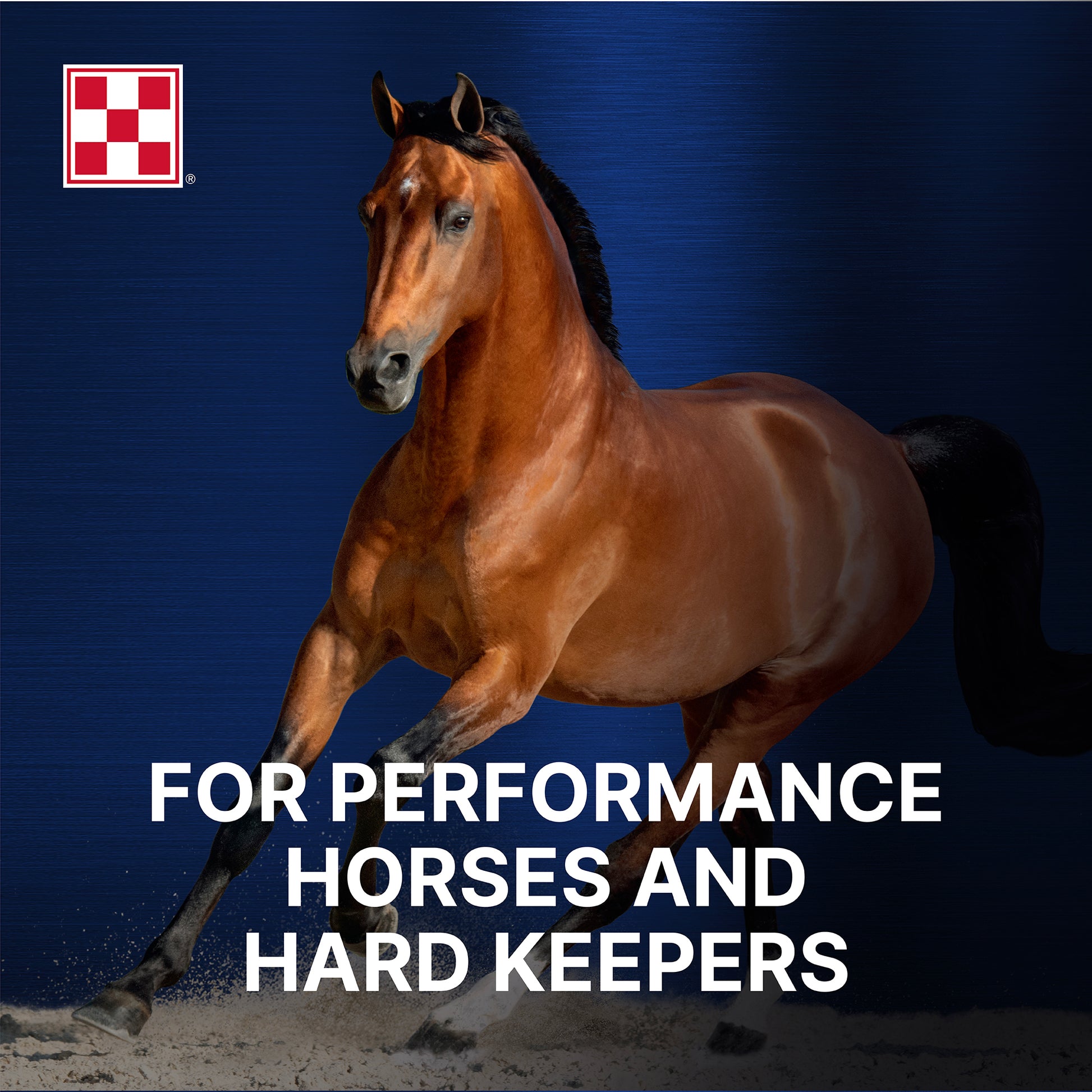Feeding Competition Horses: Meeting Higher Energy Demands

Feeding competition horses requires a strategic approach to meet their increased energy needs while maintaining optimal health and performance. This article explores the nutritional requirements, feeding strategies, and practical tips to ensure your competition horse thrives.
Understanding Energy Requirements
Competition horses expend significantly more energy than leisure horses due to intense training and performance demands. Their diet must provide sufficient calories, primarily from carbohydrates, fats, and proteins, to support muscle function, recovery, and stamina.
| Nutrient | Role in Energy Metabolism | Sources |
|---|---|---|
| Carbohydrates | Primary energy source, quick energy release | Grains, oats, barley, hay |
| Fats | Concentrated energy, supports endurance | Vegetable oils, rice bran |
| Proteins | Muscle repair and growth | Alfalfa, soybean meal |
Key Feeding Strategies
- Frequent, Small Meals: Helps maintain steady energy levels and prevents digestive upset.
- Balanced Diet: Incorporate a mix of forage and concentrates to meet energy and fiber needs.
- Supplementation: Use vitamins, minerals, and electrolytes to support metabolic functions and hydration.
- Hydration: Ensure constant access to clean water, especially during and after exercise.
Practical Tips for Feeding
- Assess Body Condition Regularly: Adjust feed based on weight and muscle tone.
- Monitor Performance and Behavior: Changes may indicate nutritional deficiencies.
- Introduce Dietary Changes Gradually: Prevent digestive disturbances by slowly adjusting feed.
- Consult a Nutritionist: Tailor diets to individual horse needs and competition level.
Common Challenges and Solutions
| Challenge | Solution |
|---|---|
| Weight Loss | Increase calorie density with fats and grains |
| Poor Recovery | Add protein and antioxidants |
| Digestive Issues | Provide high-quality forage and probiotics |
Frequently Asked Questions (FAQ)
Q1: How much more energy does a competition horse need compared to a leisure horse?
A: Competition horses may require up to 50% more calories depending on the intensity and duration of their activities.
Q2: Can fats replace carbohydrates in the diet?
A: Fats are a valuable energy source but should complement, not replace, carbohydrates to ensure balanced nutrition.
Q3: What are signs of inadequate energy intake?
A: Signs include weight loss, decreased performance, lethargy, and poor coat condition.
Feeding competition horses effectively involves understanding their unique energy demands and providing a balanced, nutrient-rich diet. By implementing these strategies, horse owners can support peak performance and overall well-being.
